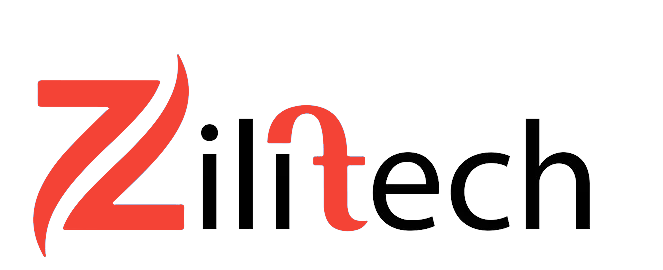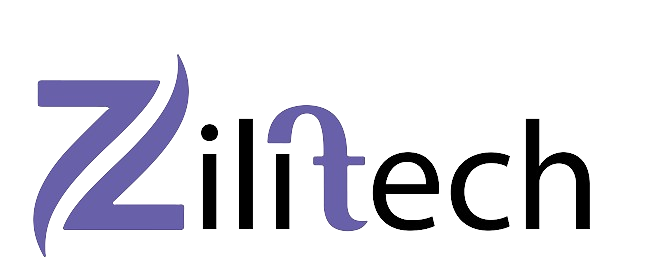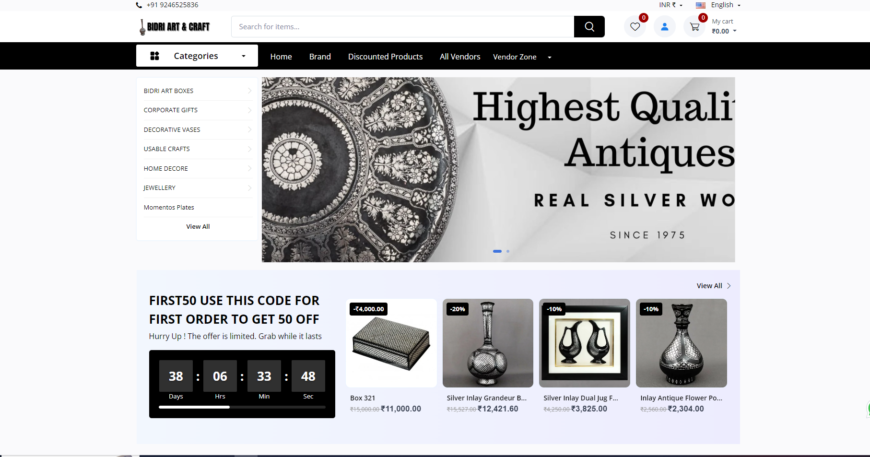Choosing the right e-commerce website builder is crucial for anyone looking to start or grow an online business in 2024. The landscape of online retail is more competitive than ever, and having a robust, user-friendly, and scalable platform can make all the difference. With numerous options available, picking the best one can be overwhelming. In this guide, we’ll explore the top e-commerce website builders for 2024, helping you find the perfect fit for your business.
Factors to Consider When Choosing an E-commerce Website Builder
Before diving into the top platforms, let’s discuss the key factors to consider:
Cost
Cost is a significant factor for most businesses. Consider not only the initial setup cost but also ongoing expenses like transaction fees, add-ons, and potential upgrade costs.
Ease of Use
An intuitive interface can save time and reduce frustration. Look for platforms with a straightforward setup process and user-friendly design tools.
Customization
Your e-commerce site should reflect your brand. A good builder will offer extensive customization options for design, layout, and functionality.
Scalability
As your business grows, your website needs to keep up. Choose a platform that can scale with your business, offering advanced features and higher plans.
SEO Capabilities
Search engine optimization is crucial for attracting organic traffic. Ensure the platform has strong SEO features, like customizable URLs, meta tags, and sitemaps.
Customer Support
Reliable customer support can be a lifesaver, especially when dealing with technical issues. Look for platforms with 24/7 support through multiple channels.
Top E-commerce Website Builders of 2024
Let’s dive into the best e-commerce website builders available in 2024:
Shopify
Overview
Shopify is a leading e-commerce platform renowned for its ease of use and extensive app ecosystem.
Key Features
- Drag-and-drop store builder
- Mobile-responsive themes
- Built-in payment gateway (Shopify Payments)
- Extensive app marketplace
- Comprehensive analytics
Pricing
- Basic Plan: $39/month
- Shopify Plan: $105/month
- Advanced Plan: $399/month
Pros and Cons
- Pros: Easy to set up, robust app ecosystem, reliable customer support.
- Cons: Higher transaction fees unless using Shopify Payments, limited customization compared to open-source platforms.
Best For
Shopify is ideal for small to medium-sized businesses that prioritize ease of use and need a quick setup.
WooCommerce
Overview
WooCommerce is a WordPress plugin that turns any WordPress site into a powerful e-commerce store.
Key Features
- Complete WordPress integration
- Extensive theme and plugin options
- SEO-friendly
- Flexible product management
Pricing
- Free core plugin
- Costs for hosting, themes, and additional plugins
Pros and Cons
- Pros: Highly customizable, large community, cost-effective.
- Cons: Requires more technical knowledge, can be time-consuming to set up.
Best For
WooCommerce suits businesses that already use WordPress or need extensive customization.
BigCommerce
Overview
BigCommerce is a fully hosted e-commerce platform known for its scalability and feature-rich offerings.
Key Features
- Unlimited products, storage, and bandwidth
- No transaction fees
- Advanced SEO tools
- Multi-channel selling (e.g., eBay, Amazon)
Pricing
- Standard Plan: $39/month
- Plus Plan: $105/month
- Pro Plan: $399/month
Pros and Cons
- Pros: Scalable, feature-rich, strong SEO capabilities.
- Cons: Complex interface, higher costs for advanced plans.
Best For
BigCommerce is best for growing businesses that need robust features and scalability.
Wix eCommerce
Overview
Wix eCommerce offers an easy-to-use website builder with drag-and-drop functionality, ideal for beginners.
Key Features
- Intuitive drag-and-drop editor
- Customizable templates
- Integrated payment options
- SEO tools
Pricing
- Business Basic: $28/month
- Business Unlimited: $33/month
- Business VIP: $56/month
Pros and Cons
- Pros: User-friendly, affordable, visually appealing templates.
- Cons: Limited advanced features, less scalability for large businesses.
Best For
Wix is perfect for small businesses or individuals looking for a simple, visually driven e-commerce solution.
Squarespace
Overview
Squarespace is known for its stunning design templates and is excellent for businesses focusing on aesthetics.
Key Features
- Award-winning templates
- Integrated e-commerce features
- Mobile optimization
- Marketing tools
Pricing
- Basic Commerce: $33/month
- Advanced Commerce: $49/month
Pros and Cons
- Pros: Beautiful templates, easy to use, all-in-one solution.
- Cons: Limited integration options, less flexible for large inventories.
Best For
Squarespace is ideal for creative businesses that prioritize design and branding.
Magento
Overview
Magento is a powerful open-source e-commerce platform suitable for large enterprises with specific needs.
Key Features
- Highly customizable
- Advanced inventory management
- Extensive extension marketplace
- Strong SEO features
Pricing
- Free open-source version
- Commerce version starting at $22,000/year
Pros and Cons
- Pros: Extremely flexible, scalable, advanced features.
- Cons: Requires significant technical expertise, higher costs for managed services.
Best For
Magento is best for large businesses or enterprises that need extensive customization and control.
Weebly
Overview
Weebly offers a straightforward, drag-and-drop website builder with e-commerce capabilities.
Key Features
- Easy drag-and-drop builder
- Mobile-responsive designs
- Simple product management
- Integrated marketing tools
Pricing
- Free plan with basic features
- Paid plans starting at $10/month
Pros and Cons
- Pros: Simple to use, affordable, good for beginners.
- Cons: Limited advanced e-commerce features, fewer customization options.
Best For
Weebly is suitable for individuals or small businesses looking for a budget-friendly, easy-to-use option.
Volusion
Overview
Volusion provides a comprehensive e-commerce solution with a focus on small to mid-sized businesses.
Key Features
- Integrated SEO tools
- Built-in CRM
- Customizable templates
- Secure payment processing
Pricing
- Personal: $35/month
- Professional: $79/month
- Business: $299/month
Pros and Cons
- Pros: Good SEO tools, built-in CRM, affordable plans.
- Cons: Limited design flexibility, fewer integrations.
Best For
Volusion is ideal for small to mid-sized businesses that want an all-in-one e-commerce solution.
Comparison Table
| Feature/Platform | Shopify | WooCommerce | BigCommerce | Wix eCommerce | Squarespace | Magento | Weebly | Volusion |
|---|---|---|---|---|---|---|---|---|
| Pricing | From $39/month | Free (addons cost extra) | From $39/month | From $28/month | From $33/month | Free or from $22,000/year | From $10/month | From $35/month |
| Ease of Use | High | Moderate | Moderate | High | High | Low | High | Moderate |
| Customization | Moderate | High | High | Moderate | Moderate | High | Low | Moderate |
| Scalability | High | High | High | Low | Moderate | Very High | Low | Moderate |
| SEO Features | Good | Excellent | Excellent | Good | Good | Excellent | Good | Good |
| Best For | SMBs, quick setup | Customizable needs | Growing businesses | Beginners | Design-focused | Enterprises | Budget-conscious | SMBs |
How to Choose the Right E-commerce Website Builder for Your Business
Assess Your Business Needs
Identify your specific requirements: the number of products, types of services, design needs, and expected traffic.
Consider Your Budget
Evaluate your financial resources. Look at not just initial costs but also ongoing expenses.
Look for Future Scalability
Choose a platform that can grow with your business, offering advanced features as you expand.
Evaluate Support Options
Ensure the platform offers reliable customer support, including live chat, phone support, and comprehensive documentation.
Tips for a Successful E-commerce Website
Optimize for Mobile
Ensure your site is mobile-friendly, as a significant portion of users shop via their phones.
Focus on User Experience
Design with the customer in mind. Easy navigation, fast loading times, and a clear checkout process are crucial.
Implement Strong SEO Practices
Use SEO best practices like keyword optimization, meta tags, and quality content to improve visibility.
Use High-Quality Images and Descriptions
High-quality product images and detailed descriptions enhance user experience and improve conversion rates.
Conclusion
Choosing the right e-commerce website builder can set the foundation for your online business’s success. Each platform we’ve discussed has its strengths and is suitable for different types of businesses. Whether you need a simple setup or a highly customizable solution, there’s an option out there for you.
FAQs
What is the best e-commerce platform for beginners?
Wix eCommerce and Weebly are excellent for beginners due to their ease of use and intuitive interfaces.
Can I switch e-commerce platforms later?
Yes, but it can be complex and time-consuming. It’s best to choose a platform that can grow with your business from the start.
How important is SEO for an e-commerce site?
SEO is crucial as it drives organic traffic to your site, which can increase sales and visibility.
What are some essential features to look for in an e-commerce website builder?
Look for mobile optimization, strong SEO capabilities, user-friendly design tools, and reliable customer support.
Is it necessary to hire a developer to set up my e-commerce site?
Not necessarily. Many platforms offer user-friendly tools that don’t require technical skills. However, for more complex customizations, a developer might be helpful.





